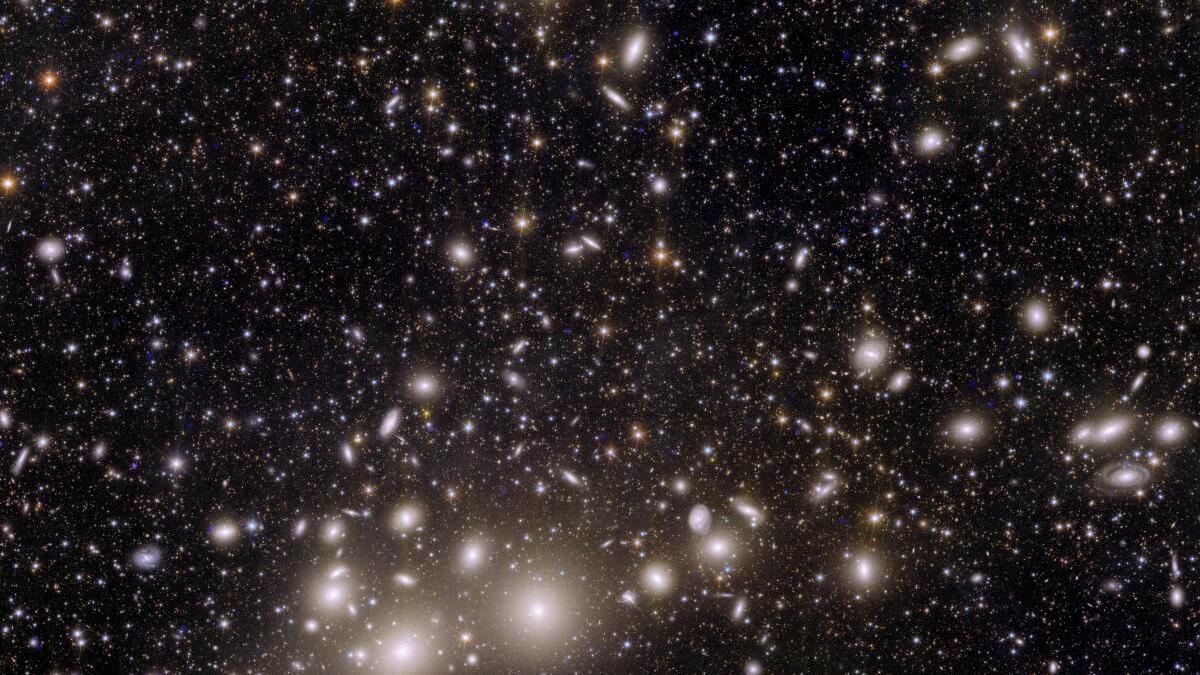
Do we live in a giant void? It could solve the puzzle of the universe’s expansion Premium
The Hindu
The universe’s expansion makes galaxies move away from each other. The further away they are from us, the more quickly they move
One of the biggest mysteries in cosmology is the rate at which the universe is expanding. This can be predicted using the standard model of cosmology, also known as Lambda-cold dark matter (ΛCDM). This model is based on detailed observations of the light left over from the Big Bang – the so-called cosmic microwave background (CMB).
The universe’s expansion makes galaxies move away from each other. The further away they are from us, the more quickly they move. The relationship between a galaxy’s speed and distance is governed by “Hubble’s constant”, which is about 43 miles (70 km) per second per Megaparsec (a unit of length in astronomy). This means that a galaxy gains about 50,000 miles per hour for every million light years it is away from us.
But unfortunately for the standard model, this value has recently been disputed, leading to what scientists call the “Hubble tension”. When we measure the expansion rate using nearby galaxies and supernovas (exploding stars), it is 10% larger than when we predict it based on the CMB.
In our new paper, we present one possible explanation: that we live in a giant void in space (an area with below-average density). We show that this could inflate local measurements through outflows of matter from the void. Outflows would arise when denser regions surrounding a void pull it apart – they’d exert a bigger gravitational pull than the lower-density matter inside the void.
In this scenario, we would need to be near the centre of a void about a billion light years in radius and with density about 20% below the average for the universe as a whole – so not completely empty.
Such a large and deep void is unexpected in the standard model – and therefore controversial. The CMB gives a snapshot of structure in the infant universe, suggesting that matter today should be rather uniformly spread out. However, directly counting the number of galaxies in different regions does indeed suggest we are in a local void.
We wanted to test this idea further by matching many different cosmological observations by assuming that we live in a large void that grew from a small density fluctuation at early times.





















 Run 3 Space | Play Space Running Game
Run 3 Space | Play Space Running Game Traffic Jam 3D | Online Racing Game
Traffic Jam 3D | Online Racing Game Duck Hunt | Play Old Classic Game
Duck Hunt | Play Old Classic Game











